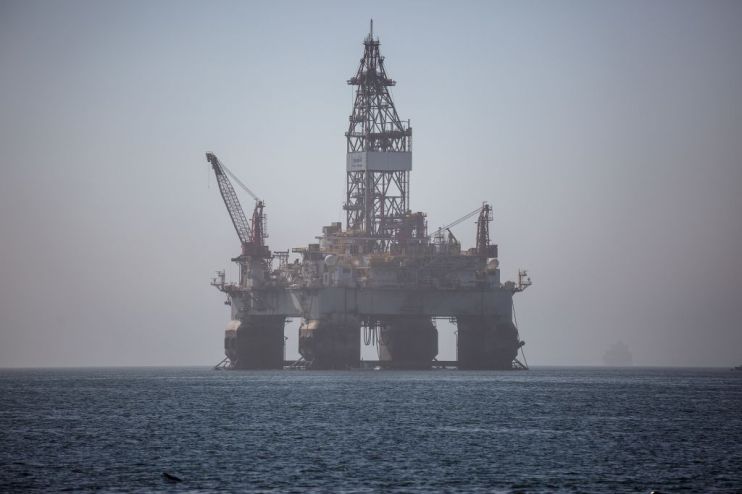North Sea oil investment drops to lowest level in 50 years

Investment into the North Sea oil industry fell to its lowest level in almost 50 years as the coronavirus pandemic and subsequent collapse in oil prices spooked the sector.
Oil and Gas UK’s (OGUK) annual economic report found that just £3.7bn was invested into the continental shelf in 2020, the lowest in real terms since 1973.
In 2019, by comparison, a total of £5.5bn was invested, a third higher.
The figures show that the decline in investment into the North Sea, which provides 70 per cent of the UK’s oil and gas, was greater than the average decline in oil investment around the world.
The trade body warned that in a worst case scenario, investment into the basin could call to less than £1bn a year by the middle of the decade.
In such a scenario, the UK would produce less than a third of the oil and gas it requires under the Committee for Climate Change’s estimates, making it even more exposed to overseas fuel imports.
The warning comes as OGUK revealed that in the first few months of 2021 the UK has imported
more gas than in any other year, due to rising demand and falling domestic production.
Between January and March 56 per cent of the UK’s gas requirement was piped in from overseas, the report said.
With the country set to use oil and gas to fill half of its energy need between now and 2050, the body said it was essential that as much as possible was supplied by the North Sea basin.
“In this way the UK can retain the essential skills needed to deliver and underpin its low carbon energy transition and importantly, not offshore its responsibility and accountability for emissions associated with such demand”, said OGUK chief executive Deirdre Michie.
“A managed transition, supported by governments, regulators and industry, will further reinforce the global competitiveness of the UKCS and the UK as “open for business”.
“Such an approach will ensure that the UK continues to attract the billions of pounds of investment into the UKCS that is needed for cleaner oil and gas production as well as for low carbon and renewable energies.”
But Jess Ralston, analyst at Energy and Climate Intelligence Unit said that the answer to higher imports was not boosting domestic production.
“Experts can’t be clearer that continued UK fossil fuel exploration doesn’t add up. The economic case is failing as renewables continue to get cheaper, a trend multiplied by gas prices tripling in the last year as we continue to rely on the geopolitical whims of leaders such as Russia’s Putin”, she said.
“The answer to high levels of oil and gas imports in winter (when they are always at their highest) is not increasing the UK’s domestic production; it’s investing in new green industries and weaning ourselves off of polluting oil and gas.”